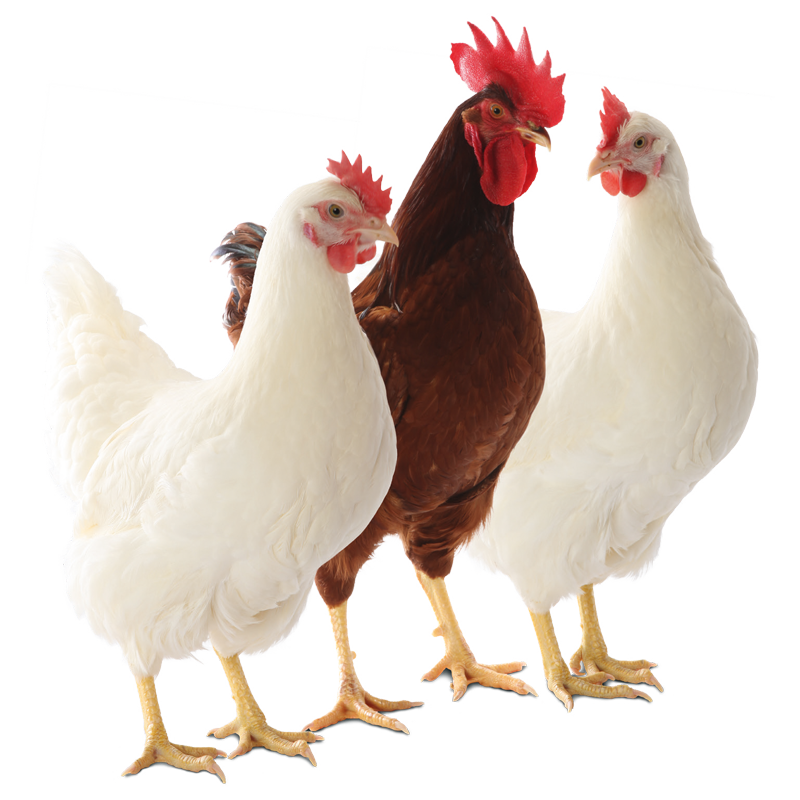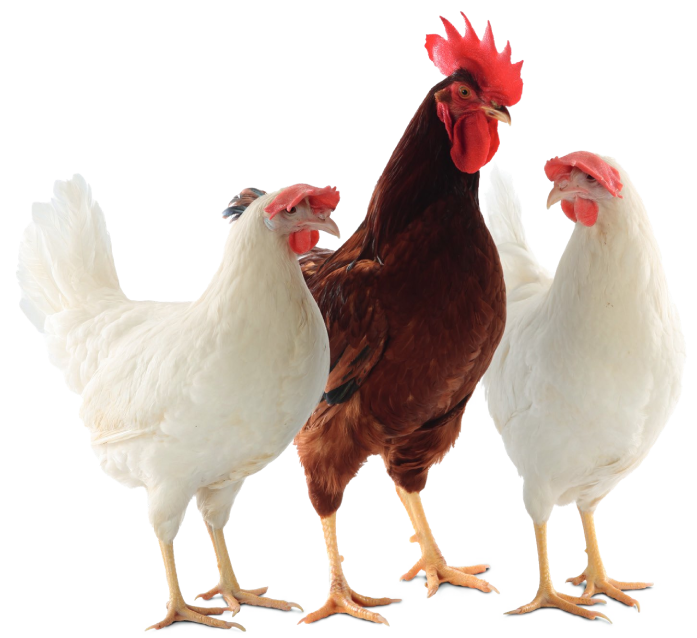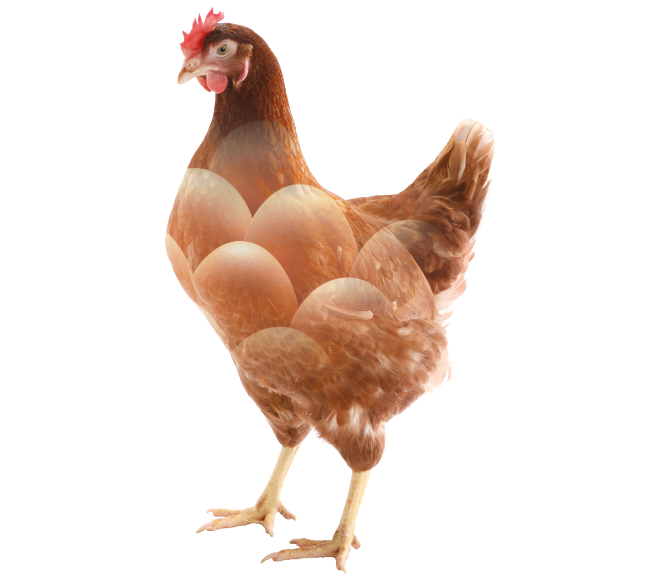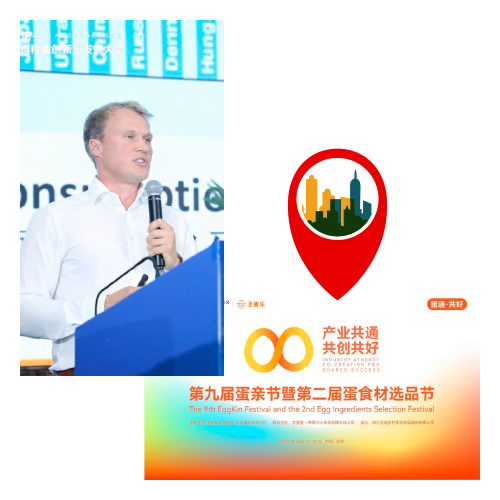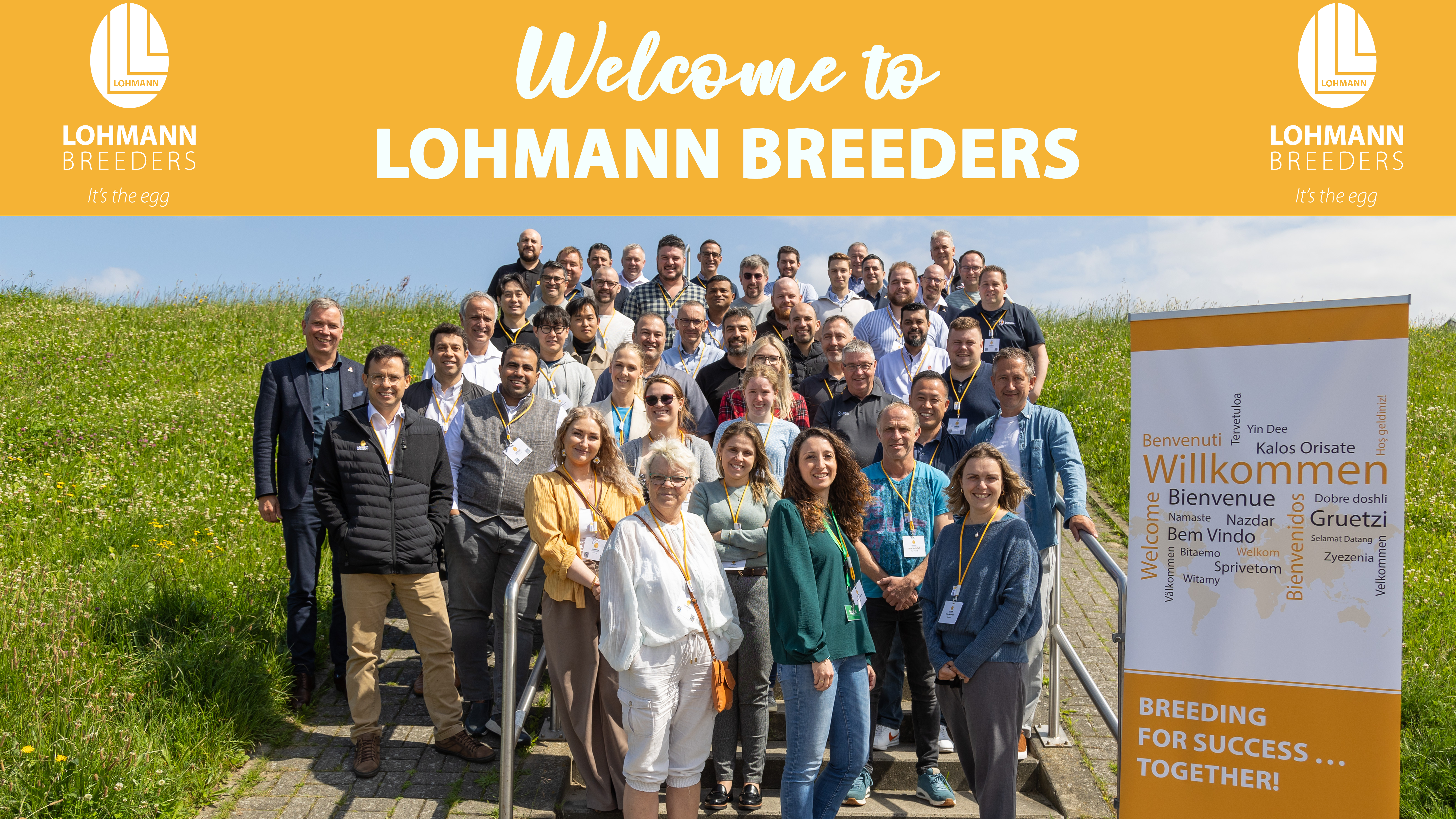Vietnam, or as it is officially known: the Socialist Republic of Vietnam, is a country that occupies the eastern and southern part of the Indochinese peninsula in south east Asia.
It has a subtropical monsoon climate with a total land area of 325,361 sq km. In 2017, it had estimated population of 96 million inhabitants. Vietnam is known for its rich culture and delicious food. With a coastline of 3,200 kilometres, many beautiful beaches and bays with white sands and clear blue waters abound in Vietnam.
AI – facts and figures
A paper by N.V Duc and T.Long on Poultry Production Systems in Vietnam, stated in December 2003 that the poultry industry in Vietnam was severely affected by avian influenza: 38.3 million heads of poultry were destroyed and died. This accounted for 15.1 percent of the total poultry population, of which 50 percent were chickens, 30 percent ducks and 20 percent other bird breeds (Anh, 2004).
By March 2004, bird flu was under control (Anh, 2004). Although the poultry population decreased by 14.13 percent in 2004 compared with 2003, it is still 0.78 percent higher compared with 2005. In 2007, the poultry industry began to recover with another increase in the population of 5.31 percent compared with 2006 (Statistical Yearbook of Vietnam, 2007). Although avian influenza was, and still is, a concern in the country, the Vietnamese poultry industry proved to be resilient and is here to stay.
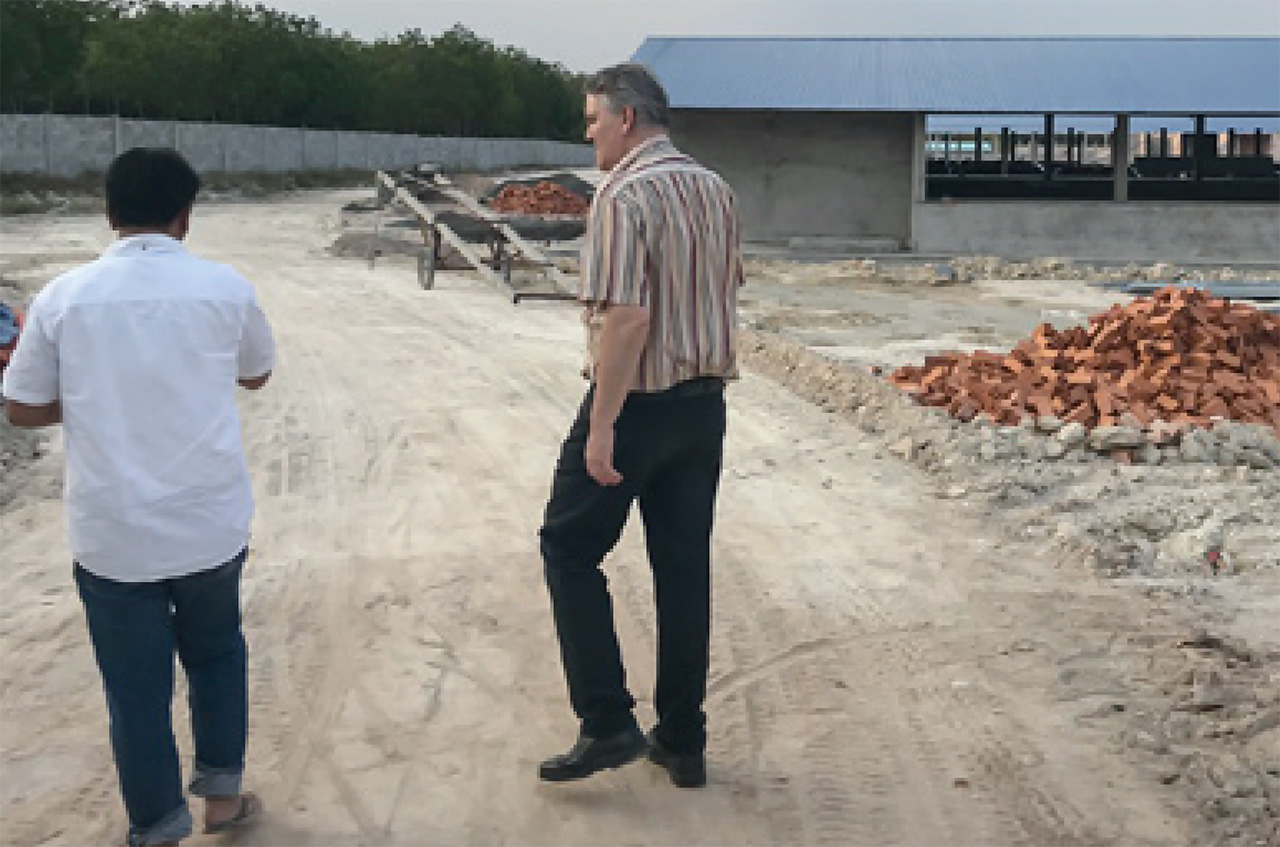
Image 1. LOHMANN TIERZUCHT’s Regional Area Manager for Asia Ron Eek, on tour during construction of the new farm in March 2018
Vietnamese layer industry
Today, for the layer industry, there are an estimated 30 million layers in the country. Per capita consumption of eggs is around 110. The Vietnam market is dominated by brown egg layers although duck eggs are also preferred. In 2016, there were 14 companies importing layer parent stocks. In 2017, three companies failed to import bringing this figure to a total of only 11 companies. This led to a decrease of PS layer imports from 345,000 to 300,000.
Japfa Comfeed Vietnam
One of the leading companies that supplies quality layer DOCs in the Vietnamese market is JAPFA Comfeed Vietnam. It is part of the Japfa Group from Indonesia. Japfa Group was established in January 1971 under the name of PT Java Pelletizing Ltd as a joint-venture between PT Perusahaan Dagang & Industry Ometraco and Internationale Graanhandel Thegra NV of the Netherlands, operating in the fields of food production, breed provision, processing of beef products, milk, marine aquaculture and processing.
JAPFA stands for Java Pelletizing Factory (the first bran pellet factory on Java Island). Since its establishment in Indonesia at the beginning of the 1970s, Japfa Group has had its members located in many countries such as India, Vietnam, Myanmar, Sri Lanka, China, Australia, Singapore, etc. (reference: www. japfavietnam.com).
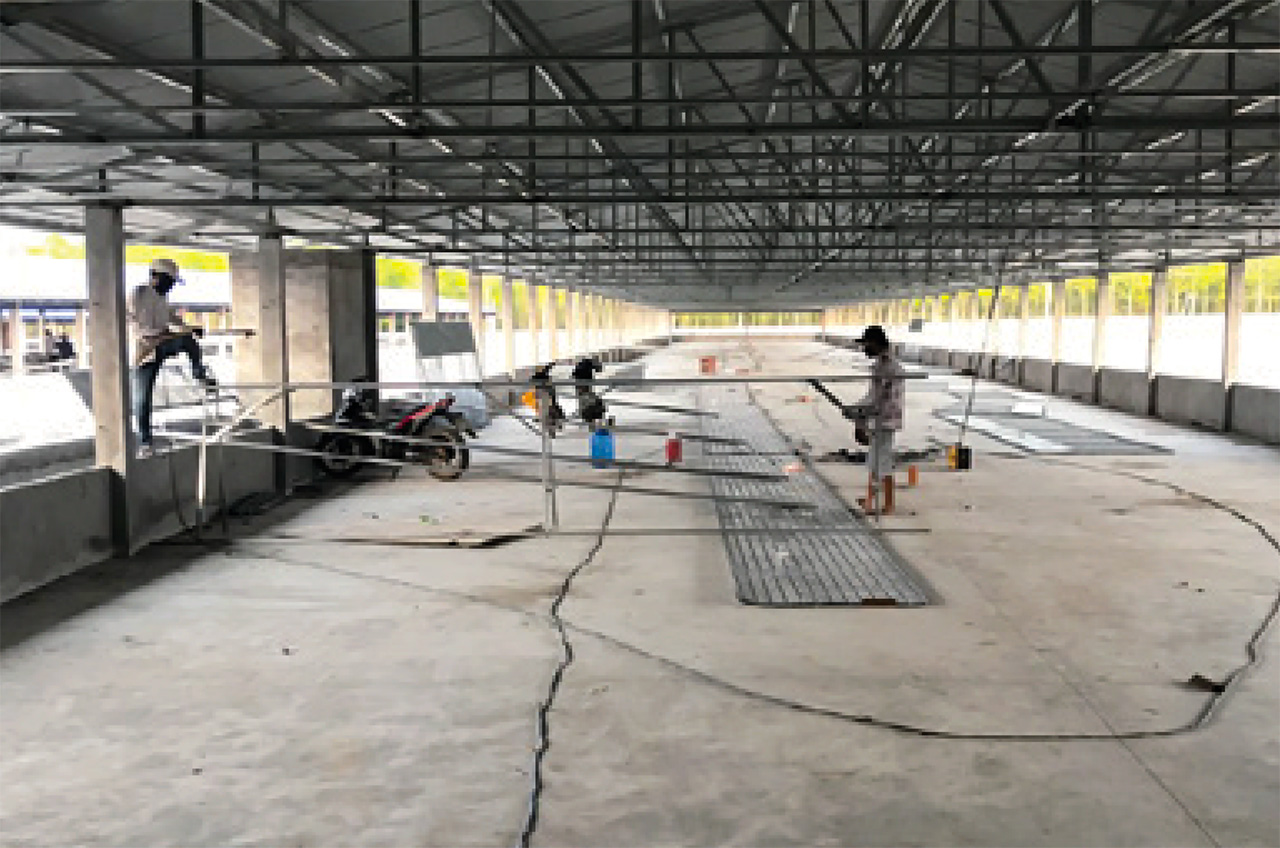
Image 2. Inside one of the houses being constructed
JAPFA & LOHMANN – a long-lasting business relationship
JAPFA Indonesia has already been a LOHMANN BROWN grandparent customer of LOHMANN TIERZUCHT for a long time. In April 2016, a contract between JAPFA Vietnam and LOHMANN TIERZUCHT GMBH was signed for the Indonesian company to be the distributor of LOHMANN BROWN in Vietnam. On 21 April 2016, the first batch of LOHMANN BROWN parent stocks was delivered from Cuxhaven Germany to Ho Chi Minh City, Vietnam. From that time on the partnership between two companies has continued to grow.
LOHMANN BROWN – a breed to be reckoned with
The superior technical know-how, experience and dedication of JAPFA personnel combined with the excellent genetic potential of the birds has made the LOHMANN BROWN a breed to be reckoned with in Vietnam. The traits of LOHMANN BROWN such as efficient production with high peak and long production periods coupled with a uniform dark brown egg colour, good shell strength and superior internal egg quality, makes it the breed of choice of many Vietnamese layer farmers. JAPFA’s customers also like the trait that the spent hens are a bit heavier than the competitors. JAPFA supplies day-old chicks in Vietnam and spent hens are also a source of income for the layer farmers.
Unlike some of their competitors in Vietnam, JAPFA does not have its own commercial layer farms. They focus on producing and selling quality day-old chicks. Marketed paired with JAPFA’s commercial feeds and together with good technical support and after sales service, the survival and correct growth of the chicks they sell are guaranteed. This results in efficient production during the laying period. Today, JAPFA Vietnam is continuing to expand with a new parent stock Farm with a sizable capacity in Dong Nai Province. The farm is strategically located as although it is in a secluded site, JAPFA’S feed mill is located not far away.
Dr. Gilbert Cervantes
